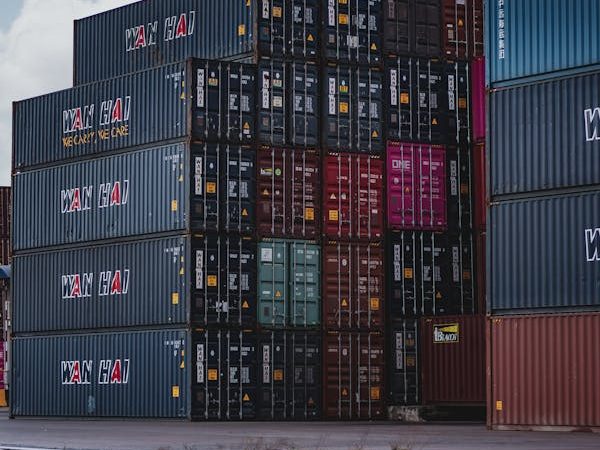
Global trade shapes logistics by increasing demand for efficient supply chains, faster shipping, and seamless international operations.
Global trade is the backbone of logistics, driving the demand for efficient transportation, warehousing, and supply chain management. As companies expand internationally, logistics networks must adapt to new markets, regulations, and challenges.
One of the biggest factors influencing global logistics is customs regulations. Each country has different import/export policies, requiring businesses to stay updated on trade agreements and tariffs. Delays in customs clearance can lead to financial losses and disrupted supply chains.
The demand for fast and cost-effective shipping has also increased with globalization. Businesses are constantly looking for ways to reduce transit times, optimize routes, and lower freight costs to remain competitive in the international market.
Technology plays a crucial role in managing global logistics. AI-driven tracking, blockchain for secure transactions, and digital documentation systems help businesses improve efficiency and minimize errors.
Sustainability is another major concern in international trade logistics. Companies are now adopting carbon-neutral shipping, eco-friendly packaging, and energy-efficient warehouses to reduce their environmental impact.
Global crises, such as pandemics or political conflicts, can significantly impact trade routes and supply chains. Businesses must develop resilient logistics strategies, including multiple supplier networks and contingency plans, to navigate uncertainties.
Brightway Logistics offers seamless international logistics solutions, ensuring smooth trade operations, compliance with global regulations, and cost-effective transportation.
